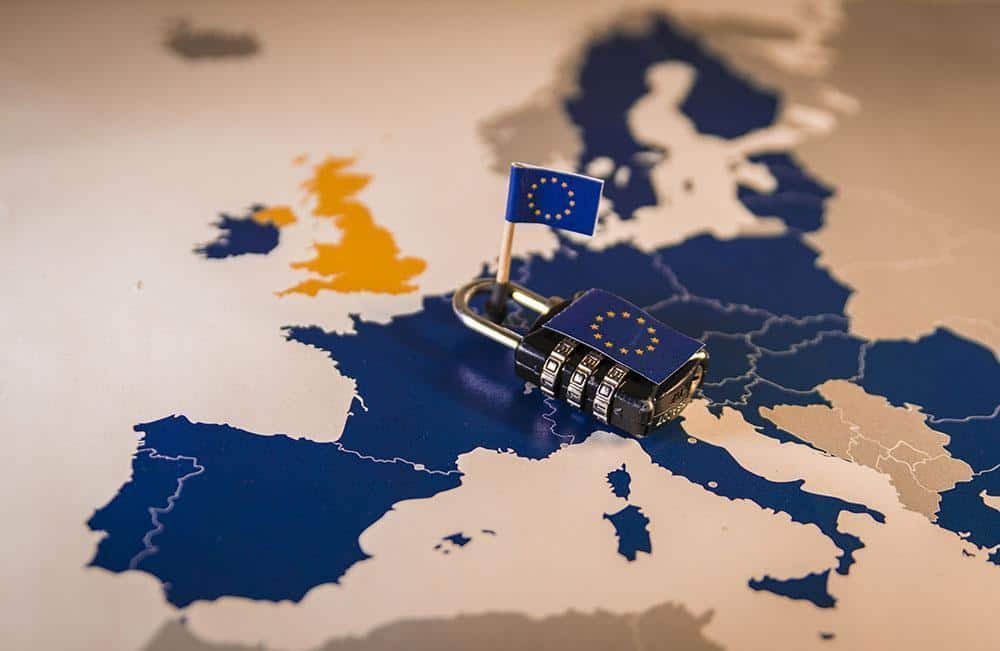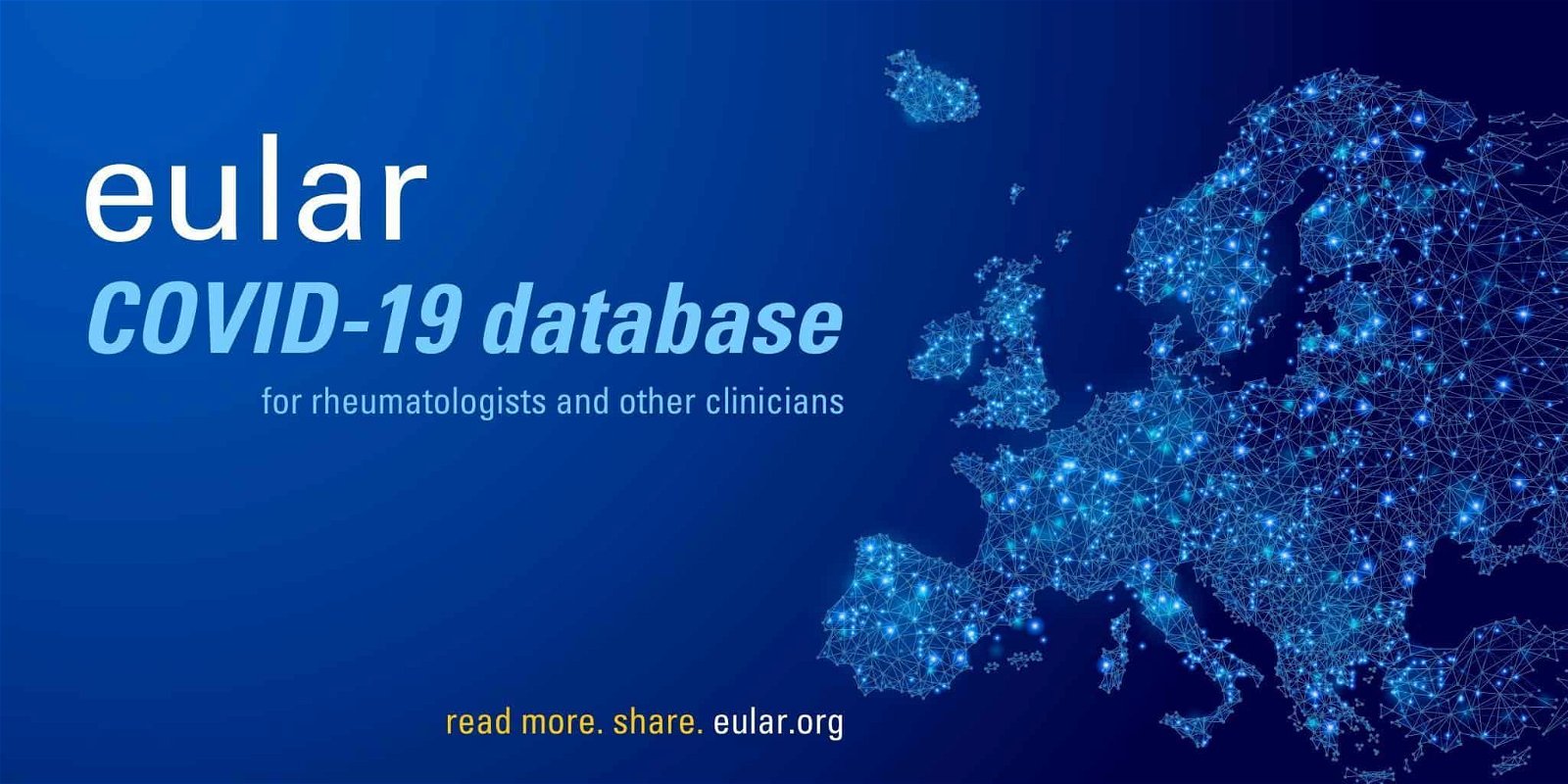Covid 19 managed to reveal the hypocrisy but also the effectiveness of the tools that governments and companies have to control our every move. Various forms of surveillance have been violating our privacy for decades, despite the adoption of "strong privacy laws" in Europe.
In 2018 we acquired the GDPR as an additional protection to our online privacy. Two years later it turns out that laws exist only to distract us, and that our personal privacy simply no longer exists.

Everything started to get a little clearer with the data protection regulations, which were first introduced in Europe in 2006 for "our good." Governments have exploited the need for counter-terrorism protection, and dealt a fatal blow to privacy.
The mass surveillance regulations you found scattered across the EU in 2000 were more prevalent in some post-Soviet countries. These regulations, however, were found unconstitutional, but they existed as the memories of the Berlin Wall were still alive.
The EU Data Protection Directive 2006, however, opened the door to various types of surveillance, financial monitoring, censorship and privacy restrictions for more protection for a "greater good".
In 2014, the EU Data Conservation Directive has been convicted by the Court of Justice of the European Union, Europe's highest court, because it was essentially a huge "mass surveillance".
Η cancellation of the EU directive did not invalidate national legislation that applies the same regulations with minimal variations at the country level, although the Supreme Court called these Laws a “tool of mass surveillance.” These laws are still maintained by the majority of EU countries years after the said Supreme Court decision.
Similarly, mass fingerprinting and population biometrics were normalized through an “innocent directive” for new passes. identity (Regulation EU 2252/2004 PDF).
Let's not forget the video footage from the cameras or the real-time financial surveillance, which are also necessary for our "good" as they help to police traffic violations, and to combat any money laundering. Even before the Covid 19 pandemic, it was a matter of time, because governments want to monitor our every move.
True, how successful has been the massive surveillance we have had since the beginning of the century in the EU on terrorist attacks, or unauthorized entry into the EU or the fight against money laundering.
Then came the GDPR to save us.
Many believed that "data protection", which is an advanced form of privacy, was now in good hands.
Some have already begun to recognize that the GDPR exists not only for the benefit of industry and multinationals, but also as a stepping stone to small businesses.
Given the above, if one is surprised to see governments around the world suddenly discovering all the means to monitor and investigate Covid 19 cases, one probably did not pay attention when needed.
Apart from surveillance drones, no new (obvious) surveillance instruments were invented. Everything we mention above will be used for the surveillance of Covid 19: Location tracking, biometric data processing and every telephone device they have become important helpers of every government. All this is known and now very easily accepted even in countries with a long democratic history.
In most countries, only minor amendments to the laws to introduce Covid 19 surveillance are sufficient. It is our new normal, since privacy is no longer a problem or even a "nuisance" for most.

In Europe, all this is happening with the consent of the EU bureaucrats to protect our privacy. The EU's leading privacy regulator - the European Data Protection Council in a statement posted on 19 March 2020, he mentioned that "A state of emergency can legitimize restrictions on freedoms provided that the restrictions are proportionate and limited to the period of emergency."
Can it legitimize? In what kind of emergency, who can establish anything and for how long? Surely Mr Orban in Hungary is very pleased to have acquired this power, legally.
The scope of data collection due to Covid 19 is awe-inspiring, but rest assured - everything is done only for public health and successful quarantine.
With the regulation of Digital Services and the Revision of the Directive on the security of networks and information systems (NIS Directive) already on the European Commission's Q4 2020 agenda, it would not be surprising to see further efforts to (re) regulate encryption or eliminate any anonymous use of communications or payment tools.
We should not worry, since we have nothing to hide, right?
Even before the Covid 19 state of emergency, blatant privacy breaches did not require any extreme investigation.
The GDPR distributed some fines (disproportionate to the profits of large companies) and even left the right of appeal, so as not to pay the full amount. Individual rights to protect oneself from privacy breaches were left to the GDPR, while government powers to police breaches were extended.
The Covid 19 pandemic clearly shows the limits of this approach, as there no longer seem to be any obstacles to the complete collapse of privacy. The fear of the public is the best ally, like the fear of a possible terrorist attack, which may never happen.
The current situation can lead us to Results that we don't want to know. However, many still subscribe to this approach still supporting GDPR as the future of our privacy.





